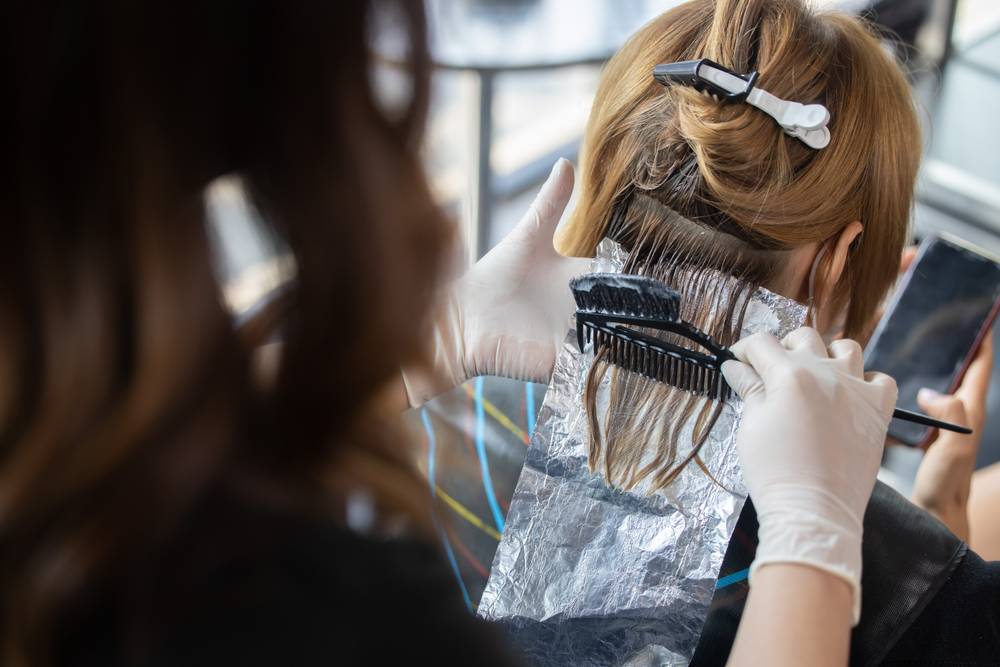Did you know that a person has an average of 100,000 – 150,000 strands of hair? And you shed around 50 – 150 strands per day.
Hair care is an everyday affair. A person with either long or short hair would always find a way to manage and style their hair and, get it ready for their day. In this article, we will be tackling the secrets of having healthy hair.
Factors Affecting Healthy Hair
Before understanding the secrets to healthy hair, it is crucial to study its factors:
- Genetics and hormones: Genetics determine colour, texture and strength. Hair strength is also dependent on the sex of an individual, while males are more susceptible to baldness due to testosterone, females are more likely to have thinner hair due to estrogen. Additionally, most females start losing hair only after menopause. The hormone androgen is a major regulator of growth and its levels vary among individuals as well between males and females.
- Lifestyle: The lifestyle of an individual such as hours of sleep, diet, and stress can affect hair health. One of the major reasons for alopecia areata or telogen effluvium is an imbalanced diet or excessive stress.
- Medical disorders: Certain medical conditions such as an imbalance of the thyroid gland, celiac disease, or Crohn’s disease may also affect hair health.
- Medication: Medicines used for the treatment of arthritis, gout, depression, and blood pressure, or oral contraceptives may cause loss of hair.
- Environmental factors: Climatic conditions such as humid weather and pollution may also affect hair health.
- Ageing: Ageing affects the health of the scalp.
- Smoking: Smoking restricts the flow of blood throughout the body and reduces growth while the toxins in smoke damage follicles.
- Cosmetic procedures: Using flat irons, curlers, and heating devices may damage the outer layer of hair making it brittle and more prone to breakage.
- Hair products: Most products are full of harsh chemicals that make hair weak and more prone to whitening.
Ways to Achieve Healthy Hair
Lifestyle changes
- Wash your hair frequently (but no more than once a day) to avoid an oily scalp, ensuring you never use very hot or cold water.
- Apply only as much shampoo and conditioner as required to cover the hair and use shampoo only on the scalp while covering the tips of the hair with conditioner. Conditioner provides shine to hair, improves its strength and protects hair from harmful radiations.
- Always choose shampoos and conditioners which are suitable for your hair, and treat wet hair gently. Try to avoid shampoos with harsh chemicals such as ammonium lauryl sulfate or sodium lauryl sulfate.
- Protect your hair from environmental damage such as pollution or chlorinated water.
- Avoid drying hair using blow dryers as they weaken the roots, also get a haircut every 10-12 weeks.
Dietary changes
- A protein-rich diet, as obtained from lentils, cottage cheese, lean meat, beans, low-fat dairy products, and eggs promotes hair health.
- Zinc deficiency is associated with an increased risk of alopecia. The major source of zinc can be nuts, fruits, and green leafy vegetables.
- Vitamins A, B, C, D, and E are crucial for hair health and consuming vitamin-rich food will strengthen hair. Vitamin A is important for hair growth and the production of sebum which keeps the scalp healthy. Milk, eggs, and yoghurt are good sources of Vitamin A. Sweet potatoes, carrots, pumpkins are good sources of beta-carotene (provitamin A). Vitamin B (Biotin) is important for hair growth. Major food sources of vitamin B are whole grains, almonds, meat, fish, seafood, and leafy greens. The antioxidant property of Vitamin C protects hair from damage, while collagen is essential for hair strength. Strawberries, peppers, guavas, and citrus fruits are all good sources of vitamin C. A vitamin D deficiency is associated with hair loss, morning sunlight naturally allows your body to convert pro-vitamin D to an active form of Vitamin D. Apart from this, dietary sources of vitamin D include fatty fish, cod liver oil, mushrooms, or vitamin D fortified foods. Vitamin E also provides antioxidant effects and can be obtained from sunflower seeds, almonds, spinach, and avocados.
- Omega-3 fatty acids stimulate hair follicles and sebaceous glands. Sources of omega-3 fatty acids include fish such as salmon and sardines, flax seed, yoghurt, cottage cheese, salad, and cereals.
- In order to keep your hair healthy, you should avoid excessive consumption of alcohol, smoking, and imbalanced diets.

